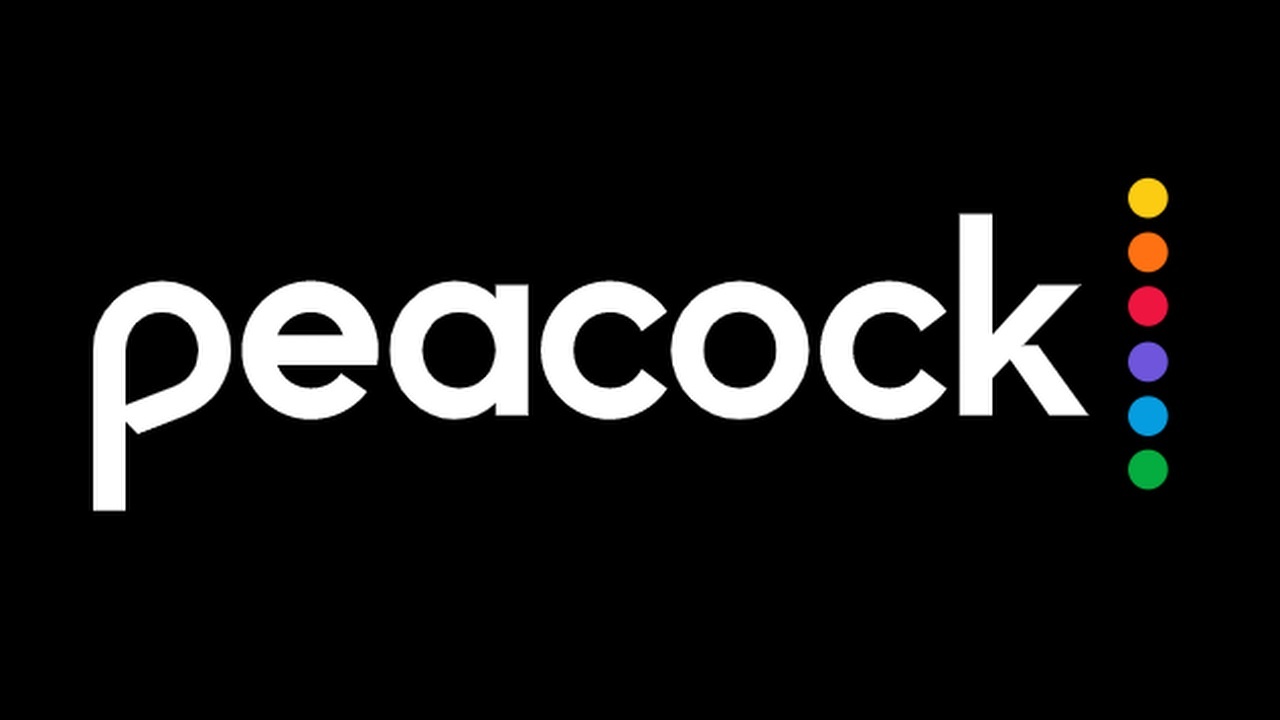
With the majority of spectrum licences available from the most recent Federal Communications Commission auction, T-Mobile will be able to close the “Swiss cheese”-like gaps in its rural network. The FCC stated Monday that T-Mobile has successfully bid $304.3 million for 7,156 of the total 7,872 licences up for grabs.
The area covered by T-licenses Mobile’s amounts to 2,724 separate counties (out of 3,143 total in the US). PTI Pacifica, who spent $17.7 million on nine licences across five counties, was the runner-up in terms of total dollars invested. As the FCC put it, “with most of the available spectrum in the 2.5 GHz band situated in rural areas, this auction provides essential spectrum resources to enable wireless services in rural communities.”
Up to three blocks of spectrum, for a maximum of 117.5MHz in each county, were made available during the auction. North American Catholic Educational Programming Fund came in second place in terms of licences won. Its winning bids, worth a total of $7.8 million, cover 107 licences in 84 counties.
There were a total of 63 successful bidders, and the auction brought in $427.8 million. Licensing fees were reduced for small businesses and rural service providers. The 2.5 GHz spectrum, which had been reserved for academic use, is now being used for commercial purposes.
The 2.5 GHz band is heavily utilised by the T-Mobile network.
The capacity and speeds of networks over vast areas have been improved by using mid-band spectrum, such as 2.5 GHz. Low-band spectrum is superior for reaching great distances and piercing obstructions, but there is more spectrum accessible in the medium and upper bands. Millimeter-wave spectrum is the top end of the electromagnetic spectrum, offering the quickest speeds but the smallest coverage regions.
T-5G Mobile’s network already makes extensive use of the 2.5 GHz band. Since airlines have not yet repaired or replaced all of the older aeroplane altimeters that can’t filter out transmissions from outside their authorised frequencies, AT&T and Verizon have been forced to spread their mid-band spectrum in the 3.7 GHz to 3.98 GHz region more slowly than intended.
The new 2.5 GHz licences are “flexibleuse geographic overlay licences,” meaning they have limitations on usage to safeguard incumbent operators. “Overlay licences allow licensees to gain access to licences for other territories that are “overlaid” on top of the licences held by the incumbent. Similar to the provisions of a standard flexible-use licence, the overlay licensee may conduct business anywhere within its territory, so long as it does not infringe on the territory of any incumbent licensees “This is what the FCC has to say about it.
But that won’t be an issue for T-Mobile. After the FCC established the guidelines for the auction in March, FierceWireless reported that the auction was imminent “intended for unlicensed “white spaces” in the 2.5 GHz range. Since T-Mobile currently owns or leases a large chunk of the 2.5 GHz spectrum across the United States, it is looking to Auction 108 to help it fill in coverage gaps.”
T-Mobile is going to address the “Swiss cheese” effect in their network.
In the 1980s, licences for the 2.5 GHz band were first awarded to educational institutions in “35-mile-radius rings,” which “leaving weird shaped white spots where no one owned the spectrum,” as FierceWireless put it. T-Mobile had already leased the rights to utilise the licences to various educational institutions across the country.
According to New Street Research policy analyst Blair Levin at the time, “T-Mobile is likely to be the major winner,” because the auction will allow the corporation to remedy the “Swiss cheese” problem its 2.5 GHz network grid is known to suffer from.
AT&T and Verizon both wanted additional details about the lease agreements before the auction began so they could decide whether or not to participate. The FCC said that “implementation of proponents’ increased disclosure requirement is beyond the scope of the existing spectrum leasing rules and the Commission’s past rulings supporting those disclosure requirements,” hence they declined to grant the request.
While the auction was going on, AT&T decided not to purchase any licences. Verizon, under its “Cellco Partnership” name in the auction results, paid $1.5 million for twelve licences covering nine counties.###









